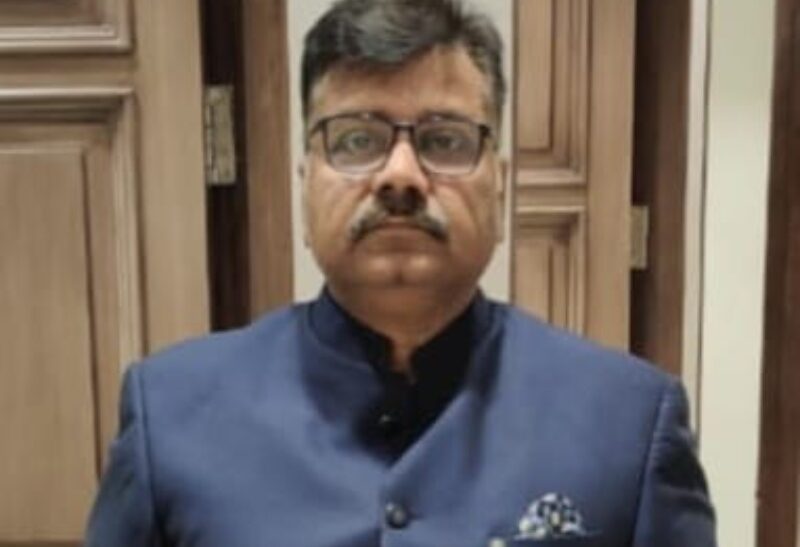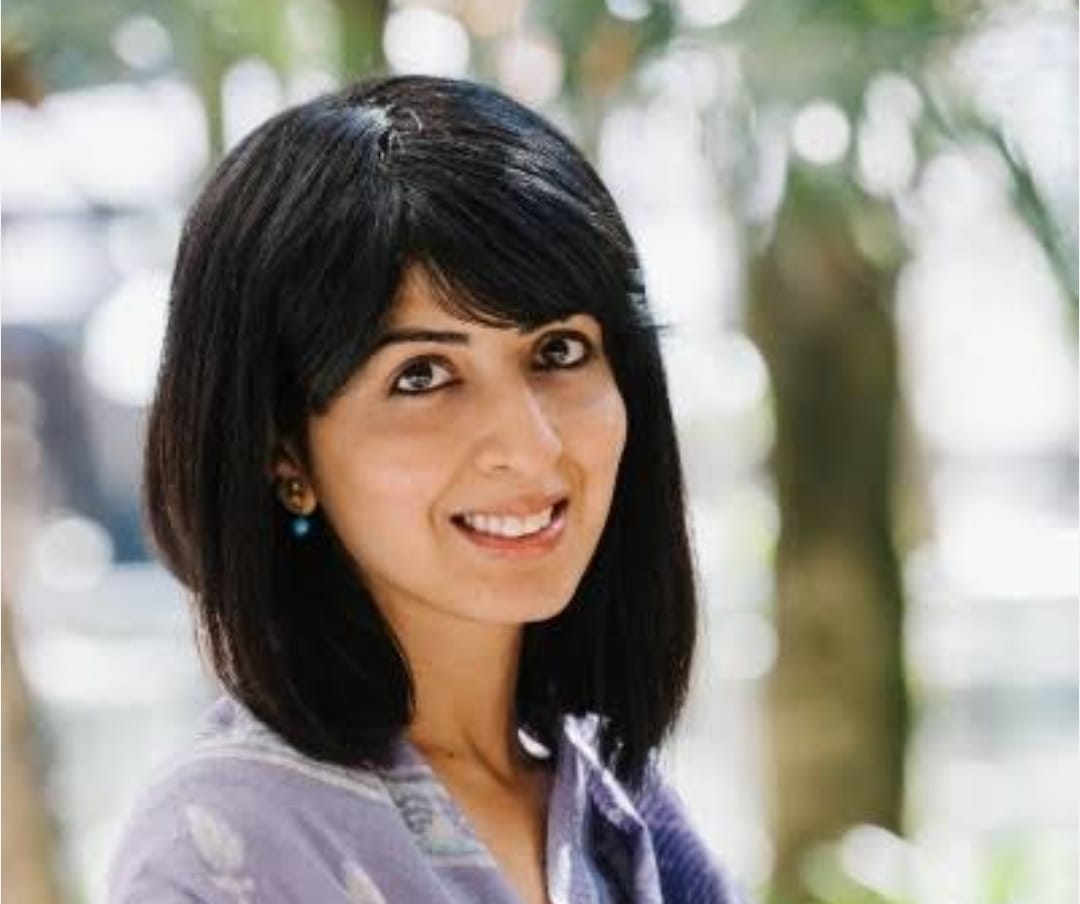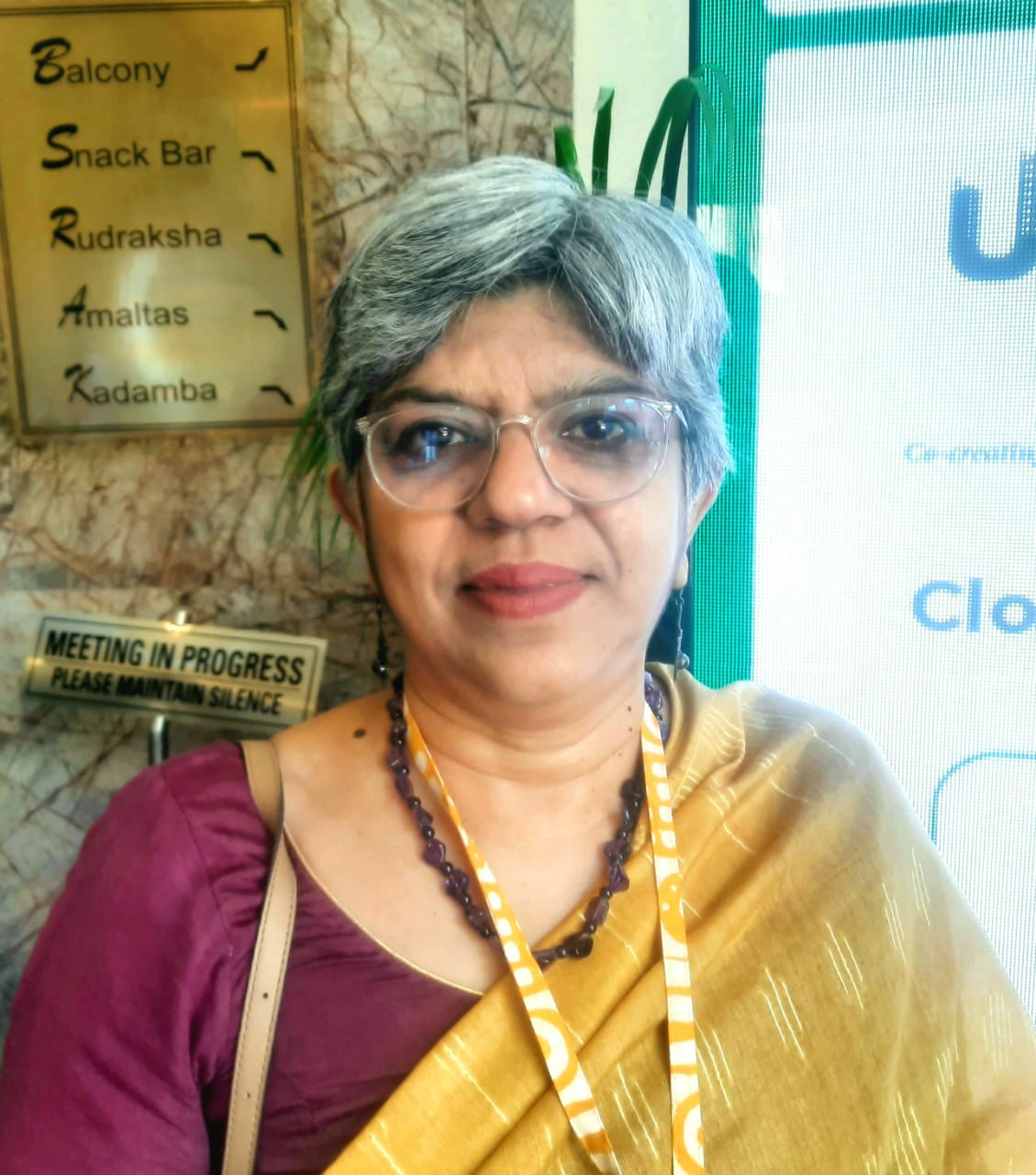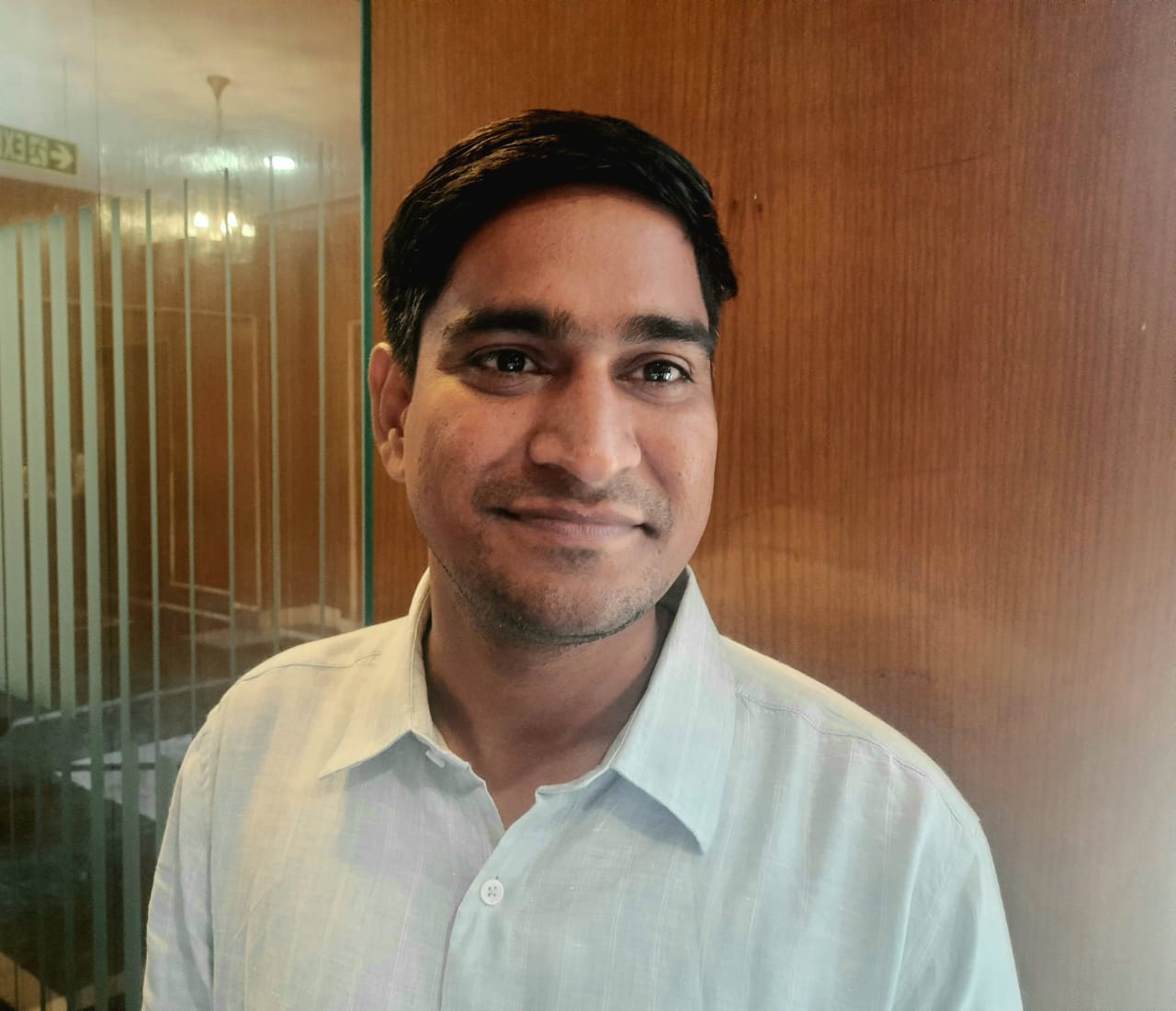Dr. Manoj Kumar Srivastava, the Director of Kashi Medicare, is widely recognized as an eminent physician and clinical hematologist, celebrated for both his medical expertise and his social activism. Having earned an MD in Medicine from the Institute of Medical Sciences, Banaras Hindu University, Dr. Srivastava has been at the forefront of numerous groundbreaking initiatives and research endeavors.
As the Editor-in-Chief of “Ap Ka Swasthya” and Editor of esteemed medical journals like the Journal of Uttar Pradesh IMA and Haemophilia Newsletter, his scholarly contributions have significantly enriched medical literature. He has penned numerous original articles, clinical studies, and case reports on diverse topics, ranging from diabetes mellitus to blood cancers, earning acclaim both nationally and internationally.
Dr. Srivastava’s dedication transcends the academic realm. He has led extensive community outreach programs for children with cerebral palsy and hemophilia, along with his wife, Dr. Shipra Dhar, initiating the “Beti Nahi hai Bojh Aao Badle Soch” campaign, advocating for gender equality.
Beyond his medical practice, Dr. Srivastava holds esteemed positions in various medical associations and societies, including serving as President of APKA SWASTHYA, Secretary of the Indian College of Haematology and Oncology Society, and Vice-President of the Haemophilia Society Varanasi, among others.
His commitment to social welfare has earned him numerous accolades, such as the Laxman Cancer Research and Awareness Award and the International Peace Prize. Dr. Srivastava’s unwavering efforts in healthcare, research, and social activism continue to positively impact lives, making him a beacon of hope and inspiration in the medical community.
In addition to his medical endeavors, Dr. Srivastava is a prolific author, having written over 30 books in both English and Hindi, covering subjects ranging from medical sciences to spiritualism and motivational writing. His book titled “Peace for All” earned him the International Peace Prize.
In a compelling conversation with Sudhanshu Srivastava, a Senior Journalist representing The Interview Word, Dr. Manoj Kumar Srivastava shares insights into his lifelong aspiration of serving and enlightening people through his medical practice and his literary works. Let’s explore the key highlights gleaned from his enlightening interview.
Q: What were the primary aspirations or objectives you held during your formative years?
A: Since childhood, I harbored a deep desire to aid the underprivileged and downtrodden in society. This aspiration led me to pursue a career in medicine. After successfully clearing the medical examination, I embarked on a journey of education and service, completing my MBBS and MD in Medicine from the esteemed Institute of Medical Sciences at Banaras Hindu University.
Driven by my passion for serving others, I dedicated myself to the medical profession. Yet, alongside my medical practice, I discovered a profound inclination towards writing. This passion manifested in 1995 when I authored my debut book, “Peace for All”. The manuscript was submitted to the American Review Committee, ultimately earning me the prestigious International Peace Prize. The book was later translated into Hindi under the title “Shanti Sabke Liye”.
With an innate love for writing ignited, I committed to producing a book annually. Initially, my focus remained on medical literature, reflecting my expertise in the field. However, as opportunities arose, I ventured into crafting motivational works.
Today, my literary endeavors have culminated in the creation of 30 books, each a testament to my dedication to both medicine and the art of writing.
Q: Did you begin writing before pursuing medicine, or did your writing endeavors commence after completing your medical education?
A: Before embarking on my medical career, I immersed myself in writing, primarily crafting articles. However, it wasn’t until 1995 that I ventured into the realm of book authorship, a transition I previously mentioned. Since then, my literary journey has been marked by the creation of 18 books in the field of medical sciences, along with 12 motivational works.
Venturing into spiritual themes, I authored two significant titles. One such book, “Kashi: Gyandayeeni, Ann Dayeeni, and Moksh Dayeeni,” garnered attention when it was formally launched by Prime Minister Narendra Modi during the Pravasi Bharatiya Divas 2019 in Varanasi. Prime Minister Modi personally extended his appreciation to me with a commendatory letter, acknowledging my endeavors in spotlighting Kashi as the purveyor of knowledge, sustenance, and spiritual enlightenment.
As a gesture of goodwill, I distributed copies of these books freely among the delegates present. This milestone not only underscored my commitment to diverse literary pursuits but also provided an opportunity to share insights on spirituality with a wider audience.
Q: Are you authoring spiritual literature that integrates scientific evidence?
A: Certainly. In today’s interconnected world, the credibility of a book hinges on its foundation of evidence. Writing infused with verifiable facts not only captures readers’ attention but also establishes authority. This age underscores the importance of substantiated claims. Developed nations, in particular, exhibit a strong inclination towards literature grounded in evidence. Attempts to engage in philosophical discourse devoid of empirical support often fall short of capturing readers’ interest.
Conversely, works that seamlessly integrate scientific evidence tend to elicit admiration and respect. As individuals with a background in medical science, we find it advantageous to intertwine our understanding of science with spirituality. This fusion not only enhances the depth of our discourse but also bridges seemingly disparate realms of knowledge, offering insights that resonate with both rational and spiritual seekers alike. Thus, aligning with evidence not only enriches our understanding but also fosters a deeper connection between disparate domains of human inquiry.
Q: What is your preference between writing books in Hindi and English, and which language do you find most enjoyable for your writing?
A: In India, where Hindi is the predominant language spoken by the masses, it’s natural for national books to be predominantly written in this language. The charm of writing in Hindi lies in its ability to deeply resonate with readers, fostering a strong sense of connection and understanding. However, when the aim is to reach a broader, international audience, particularly in fields like medical sciences, English emerges as the preferred medium due to its global accessibility.
Personally, I find immense joy in expressing myself through Hindi, as it is my native language, carrying with it a wealth of cultural and emotional significance. Nonetheless, when crafting content intended for audiences in Europe and America, the necessity of English becomes apparent. For example, our decision to pen a book on Kashi in English was driven by the aspiration to introduce its vibrant culture to a global audience, thereby amplifying its recognition and appreciation worldwide.
Q: What message would you like to convey to our readers?
A: Education stands as the cornerstone of life’s journey, unlocking a multitude of pathways to growth and fulfillment. Its significance lies not only in the acquisition of formal qualifications but also in the profound enrichment it brings to one’s understanding of the world. Education empowers individuals to navigate complexities with clarity and to embrace new challenges with confidence.
Through education, individuals cultivate critical thinking skills, enabling them to analyze situations, formulate informed opinions, and make sound decisions. Moreover, it fosters adaptability, equipping learners with the tools to thrive in an ever-evolving landscape of knowledge and technology.
Furthermore, education instills a sense of responsibility towards society, motivating individuals to leverage their acquired knowledge for the collective betterment of communities. It promotes empathy, tolerance, and appreciation for diversity, nurturing a more inclusive and harmonious society. In essence, education transcends the boundaries of academia; it is the cornerstone upon which individuals build fulfilling lives and contribute meaningfully to the world around them.










2 Comments
Good
Hmm it looks like your website ate my first comment (it was extremely long) so I guess I’ll just sum it up what I had written and say, I’m thoroughly enjoying your blog. I as well am an aspiring blog writer but I’m still new to the whole thing. Do you have any tips and hints for first-time blog writers? I’d genuinely appreciate it.
Comments are closed.